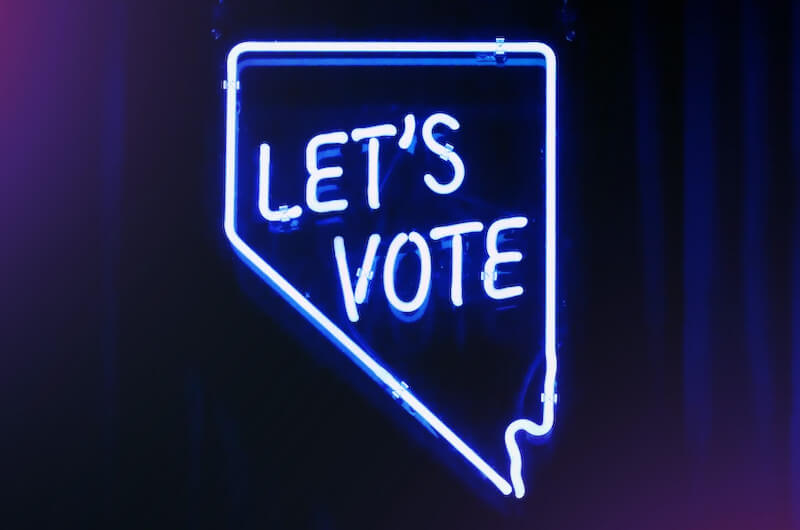
In one week’s time, Northern Ireland will vote in an election with potentially historic consequences.
The Assembly elections on May 5th follow a period of seismic change in party loyalties. As a result, Northern Ireland could come out the other side of this election with a First Minister who is ideologically opposed to its very existence.
Unionism divided
The change in political fortunes has been particularly marked on the unionist side. The Democratic Unionist Party’s (DUP) polling numbers fell off a cliff last year after hard-line loyalist voters deserted the party for the Traditionalist Unionist Voice (TUV) over the Northern Ireland Protocol, the post-Brexit trading settlement which unionists complain creates a “border in the Irish Sea” between Great Britain and Northern Ireland.
The loss of moderate voters has also contributed to the slide. Fed up with the party’s internecine and chaotic leadership contests last year, as well as the party’s withdrawal from the Northern Ireland Executive just prior to the election, middle class unionists have sought refuge with the non-sectarian and centrist Alliance, as well as the more moderate Ulster Unionist Party (UUP).
The result of these losses is stark. Despite recovering from their pre-Christmas nadir, just 20% of voters say they will give their first preference to the DUP, a far cry from the 28.1% who gave the DUP their vote in the last election in 2017.
That leaves Sinn Féin – attracting 27% of voters’ first preferences – as the largest party according to the polls.
If that is translated into Assembly seats, it would make the party’s leader Michelle O’Neill Northern Ireland’s First Minister, which would be the first time that the region would have been led by an Irish nationalist since the partition of Ireland in 1921. The moment would be no less historic for Sinn Féin, the party that once vowed to “Smash Stormont” at the height of the Troubles.
Permutation complications
Sinn Féin are not a shoo-in for the top office. They themselves have retreated in the polls compared to their 2017 election high-water mark of 27.9%. And Northern Ireland’s complicated electoral system, combined with a long and storied tradition of strategic voting, means that the DUP could yet eke out a come-from-behind victory.
But the winner of this election will be the party who loses the fewest seats, rather than gains the greatest. And that makes things tricky for the DUP.
Northern Ireland’s elections use a form of proportional representation under which voters number their candidates in order of preference. During multiple rounds of vote-counting, once a candidate meets the threshold to be elected their subsequent votes are reassigned according to second preference, and so on until five members per constituency are in place.
That system means that voter behaviour matters. And the geographic spread of the DUP’s vote – the party is defending seats in 17 of the region’s 18 constituencies – means that it needs to keep a broad coalition of voters onside to come through unscathed. If the DUP lose transferred votes from either hard-line or moderate unionists who go for other parties, it could mean lost seats.
By comparison, it’s not clear to see where Sinn Féin could be truly threatened across the 13 constituencies they are defending in. The party has been playing it extremely safe with its disciplined campaign, talking about the cost-of-living crisis and avoiding the question of Irish unity and the historic prospect of a Sinn Féin victory so as to avoid energising the unionist base.
A historic vote
As Northern Ireland’s answer to Professor John Curtice, Jon Tonge from the University of Liverpool is more than likely correct when he said in the Belfast Telegraph that “it could prove a low churn election, of static Sinn Fein and modest DUP slippage.”
But as he points out, with the DUP currently on 28 seats and Sinn Féin on 27, it only takes the smallest of movements to create the headlines about a seismic political change in Northern Ireland.
The significance of that moment – if it comes – will not be lost on anyone. But the real drama will be reserved for after the vote, with open questions including whether the DUP will participate in a nationalist-led Executive, or whether it’s finally time for wholesale reform of Northern Ireland’s institutions to move away from the communitarian divide embedded within them by the Good Friday Agreement.
Northern Irish politics rarely fails to deliver drama. But even by its own standards, this election is sure to be a historic one.
